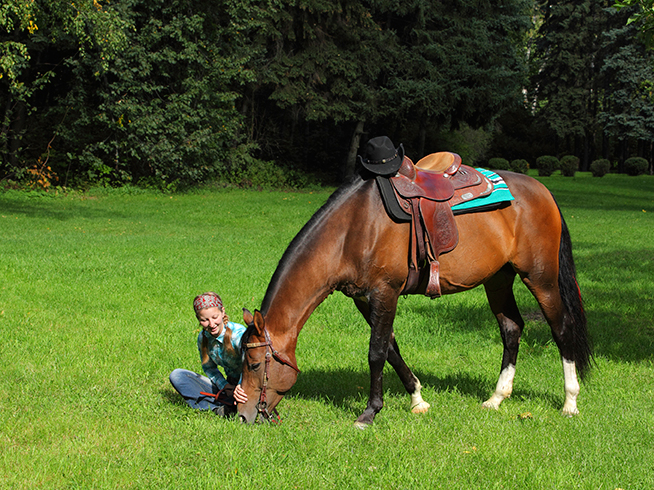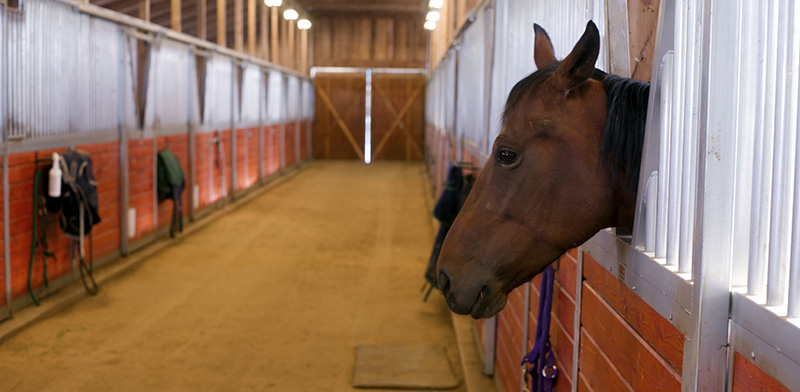
Horse Boarding
Traveling is exciting and if you want to take your horse along it can be challenging to find Boarding for overnight travel. We can help you with that in our section for Horse Motels & Overnights. For long term housing, there are wonderful facilities for boarding your horse across the United States and we offer a comprehensive listing for every state. Read more...
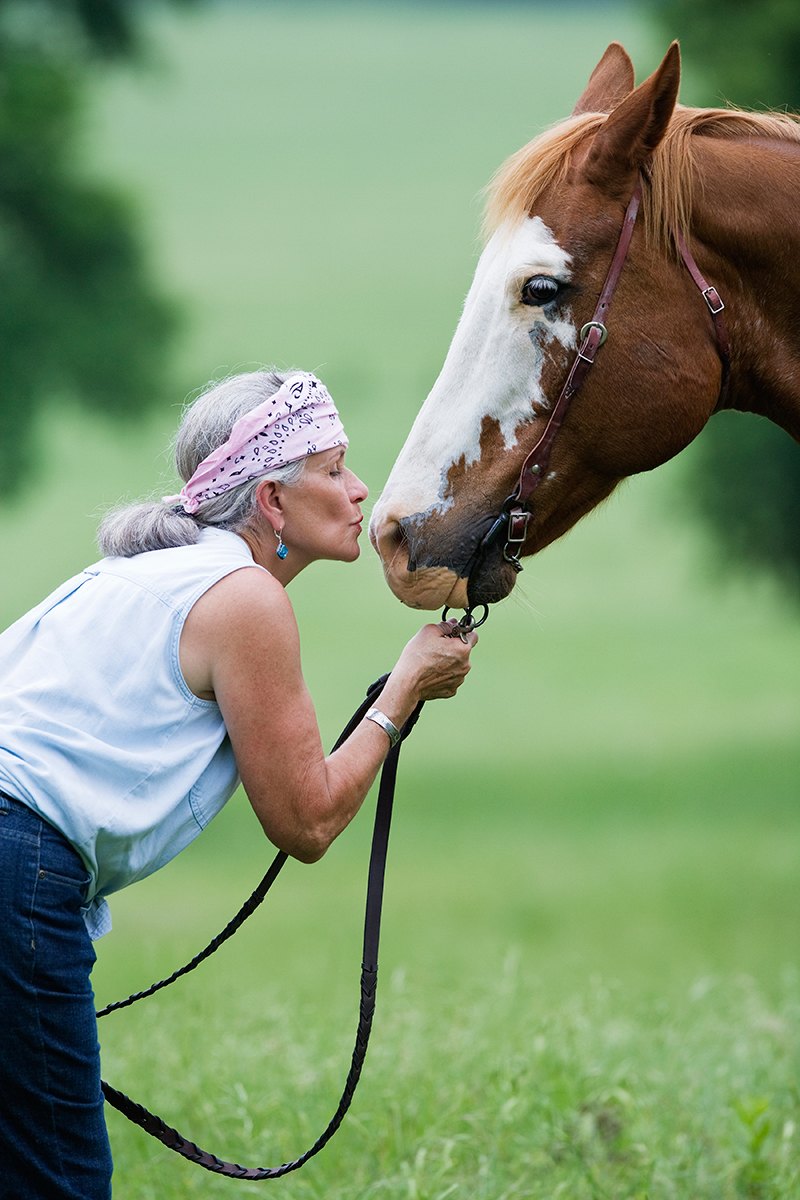
Horse Sitting
Put your horse in the hands of someone you trust, someone who loves horses as much as you do. If you need services for caring for your horse you can find your answer in our Horse Sitting listings, for the United States and the United Kingdom. Read more...
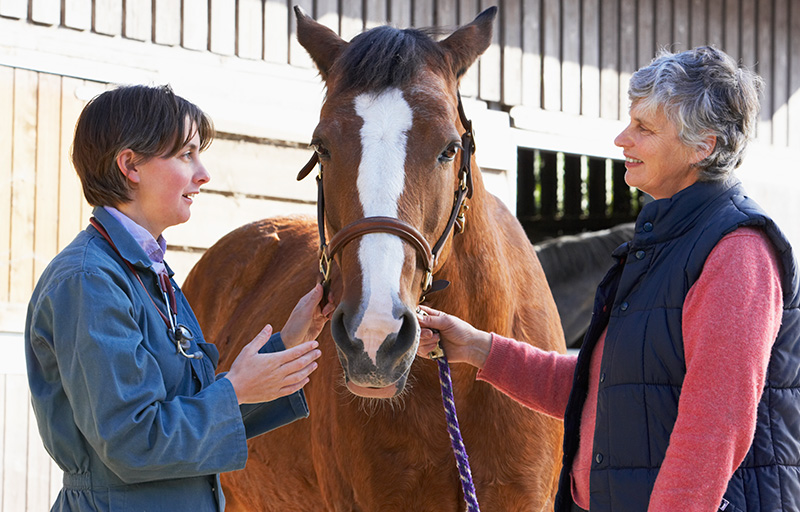
Laboratories and Diagnostics
Professional medical attention is vital for your horse's well being. You can rely on the services of qualified professionals to keep track of your horse's health from companies across the United States.Read more...
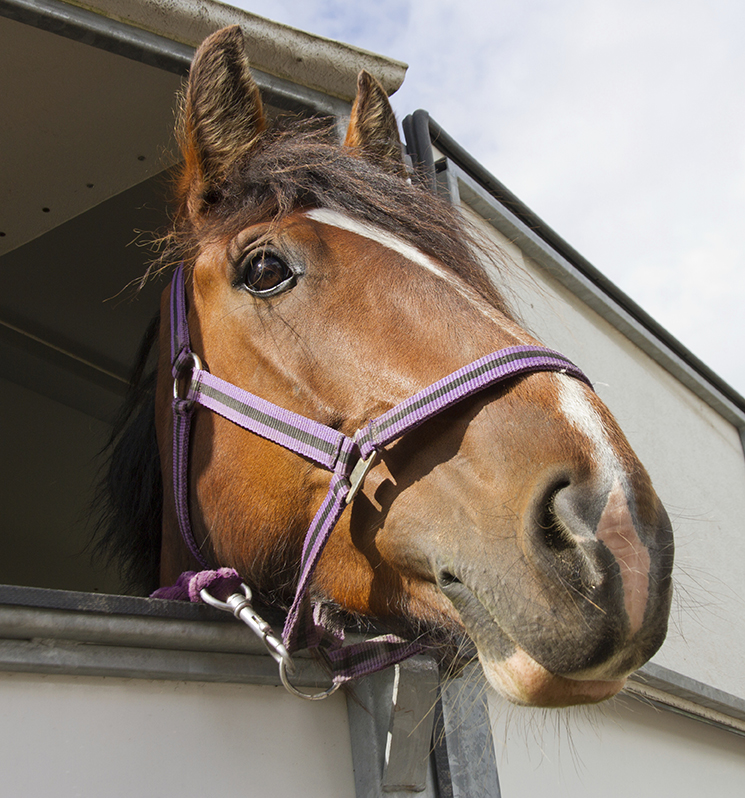
Shipping
There are lots of reasons that you need expert service when you want to transport your horse by Air or Ground Shipping, within the United States or Internationally. You can also find resources for Horse Trailer Sales in our listings for Shipping.Read more...
Equine laboratories and diagnostics play a crucial role in maintaining the health and well-being of horses. These facilities provide a wide range of services, including:
- Clinical pathology: This involves examining blood, urine, and other bodily fluids to assess the health of the horse's internal organs.
- Hematology: This focuses on the study of blood cells, including their number, size, and shape. It can help diagnose a variety of conditions, such as anemia, infection, and leukemia.
- Clinical chemistry: This involves measuring the levels of various chemicals in the blood, such as enzymes, electrolytes, and hormones. It can help diagnose a variety of metabolic disorders, such as kidney disease, liver disease, and diabetes.
- Serology: This involves testing the blood for antibodies, which are proteins produced by the immune system to fight off infection. It can help diagnose a variety of infectious diseases, such as equine influenza, equine herpesvirus, and West Nile virus.
- Parasitology: This involves examining fecal samples to identify parasites. It can help diagnose a variety of parasitic infections, such as strongylosis, bots, and tapeworms.
- Microbiology: This involves culturing bacteria and fungi from samples of blood, urine, or other bodily fluids. It can help diagnose a variety of infections, such as pneumonia, urinary tract infections, and skin infections.
- Molecular diagnostics: This involves using DNA or RNA testing to diagnose diseases. It can be used to diagnose a variety of genetic disorders, as well as some infectious diseases.
In addition to these routine diagnostic services, equine laboratories and diagnostics also offer a variety of specialized tests, such as:
- Drug testing: This can be used to detect the presence of illegal or performance-enhancing drugs in horses.
- Nutritional testing: This can be used to assess the horse's nutritional status and identify any deficiencies.
- Reproductive testing: This can be used to assess the horse's fertility and identify any abnormalities.
- Genetic testing: This can be used to identify the horse's breed, as well as to test for genetic disorders.
Equine laboratories and diagnostics are an essential part of the equine healthcare system. They provide the information that veterinarians need to diagnose and treat diseases, and they help to ensure the health and well-being of horses worldwide.
Featured Listings
 730 Warren RD, Ithaca, NY 14850
730 Warren RD, Ithaca, NY 14850
ph: (877) 819-4110
Email: service@equi-analytical.com
We specialize in the most modern techniques for determining the nutrient content of forage and feed for horse owners. International samples accepted.
Laboratories & Diagnostics
- BET Labs, Inc., 1501 Bull Lea Road, Ste 102, Lexington, KY 40511-1209
- Cornell University College of Veterinary Medicine Animal Health Diagnostic Center, P.O. Box 5786, Ithaca, NY 14853
- Equine Diagnostic Solutions LLC, 1501 Bull Lea Road, Suite 104, Lexington, KY 40511
- Hagyard Equine Medical Institute, 4250 Iron Works Pike, Lexington, KY 40511-8412
- Hong Kong Jockey Club, 6/F Central Complex, Sha Tin Racecourse, Sha Tin, NT, HK
- Horsemen's Laboratory, 907 Westbrook Drive, Mahomet, IL 61853
- Horseracing Forensic Laboratory (H.F.L) Sport Science, Newmarket Road, Fordham, Cambridgeshire UK CB7 5WW
- IDEXX Laboratories, Inc., One IDEXX Drive, Westbrook, ME 04092
- Liphook Equine Hospital, Forest Mere, Liphook, Hampshire UK GU30 7JG
- Mobile Equine Diagnostics, Inc., 35135 Johnson Road, Agua Dulce CA
- New England Horse Labs, 7 Lenora Street, Worcester, MA 01607
- ParaScreen, 12 Williams Road, North Grafton, MA 01536
- Rossdales Equine Hospital & Diagnostic Centre, Cotton End Road, Exning, Newmarket, Suffolk UK CB8 7NN
- UC Davis School of Veterinary Medicine, One Shields Avenue, Davis, CA 95616
- United States Equestrian Federation Drug Testing and Research Laboratory, 1509 Bull Lea Road, Suite 100, Lexington, KY 40511
- University of Pennsylvania, School of Veterinary Medicine, 3800 Spruce Street, Philadelphia, PA 19104
- Westgate Laboratories, Middle Stobswood, Morpeth, Northumberland, UK NE61 3AZ
Accuracy of Testing

Recently one of Horsemen’s Laboratory clients asked about the accuracy of our testing methods. Horsemen’s Laboratory was established in 1992 and since then we have done over 46,000 samples. Over the years we have sent samples to the University Of Illinois School Of Veterinary Medicine Department Of Parasitology and to East Tennessee Clinical Research, Inc., a very competent laboratory that does extensive testing and research in the field of parasitology, owned by Craig R. Reinemeyer, DVM, PhD, Dipl. ACVM. The results found at all three laboratories were very comparable; placing each horse in the same category as far as egg shedding was concerned.
Why should you do Fecal Egg Counts on your Horse?

How do you know my horse has worms? How do you know you got rid of the worms my horse had? These two questions were commonly asked when I dewormed horses as a general equine veterinarian. My standard response was that the drug companies tell us they work.
When the daily dewormers came on the market many of my clients requested that I get these dewormers for their horses. I often told them I thought it was unnecessary because most of the horses were already being dewormed every 2 months. In addition, 90% of the horses I cared for in southern California were kept in clean box stalls 22 hours a day except when they were being ridden or exercised. I did not see how these horses could have many worms, if any at all. Therefore, I decided to seek the answers to these common questions for myself by doing fecal egg counts before I dewormed my horses.
What I found was that less than 1 out of 20 horses had any eggs in the stool sample to indicate they were infected with adult worms. After consulting with several experts in equine parasitology and recognizing that no one was performing routine fecal egg counts for horse owners, I started Horsemen’s Laboratory to fill this void. I felt owners should have the opportunity to know whether or not their horses had worms rather than just treating them blindly.
The Resistance – Equine Parasites Rise Up
by Doug Thal DVM DABVP
Equine parasites are becoming resistant to our de-worming compounds. This blog post addresses why this is a HUGE CONCERN not only for your horse, but for the entire horse industry.
Recently I had to euthanize a world-class 4-year-old Quarter Horse mare, a real tragedy. She had badly damaged intestines, and after 2 colic operations, we decided to put her down. Her problems were partly brought on by a severe infestation of large roundworms (Ascarids). This type of parasite is common in young horses but VERY rare in adults. My first thought when I saw all the large adult parasites at surgery was “Why isn’t this mare being de-wormed?” When I asked the trainer about her parasite control program though, she said she had been wormed every 5 weeks!
While this mare probably had a very rare “immune tolerance” to these parasites, what was most alarming was that the parasites were able to survive in the face of repeated dousing in de-worming chemicals. These worms were resistant to the de-wormers being used!
When choosing a horse sitter, it is important to look for someone who has the following qualities:
- Experience: The horse sitter should have experience caring for horses. This includes knowing how to feed, water, groom, and exercise horses. The horse sitter should also be able to recognize and handle common health problems.
- Knowledge: The horse sitter should have a good understanding of horse behavior and training. The horse sitter should also be familiar with your horse's individual needs and routines.
- Responsibility: The horse sitter should be reliable and trustworthy. The horse sitter should also be able to follow your instructions carefully.
- Flexibility: The horse sitter should be able to adjust their schedule to accommodate your needs. The horse sitter should also be able to handle unexpected situations.
- Good communication skills: The horse sitter should be able to communicate effectively with you. The horse sitter should keep you updated on your horse's condition and any concerns that they may have.
In addition to these general qualities, there are some other specific things that you may want to look for in a horse sitter, depending on your individual needs. For example, if you have a horse with special needs, such as a medical condition or behavioral problem, you will want to choose a horse sitter who has experience caring for horses with those specific needs.
Here are some tips for finding a qualified horse sitter:
- Ask your friends, family, and other horse owners for recommendations.
- Contact local horse barns and riding schools to see if they have any recommendations.
- Look for horse sitters who are certified by a reputable organization, such as the Professional Horsemen's Association (PHA) or the Equine Professional Association (EPA).
- Interview potential horse sitters and ask them about their experience, knowledge, and rates.
- Ask the horse sitter for references from previous clients.
Once you have found a few potential horse sitters, be sure to schedule a meet-and-greet with them and your horse. This will give you a chance to see how the horse sitter interacts with your horse and to ask any additional questions that you may have.
Choosing a qualified horse sitter is important for the safety and well-being of your horse. By taking the time to find a horse sitter who has the right qualities and experience, you can ensure that your horse is well cared for while you are away.
Horse Sitting - United States
Arizona
California
North Carolina
